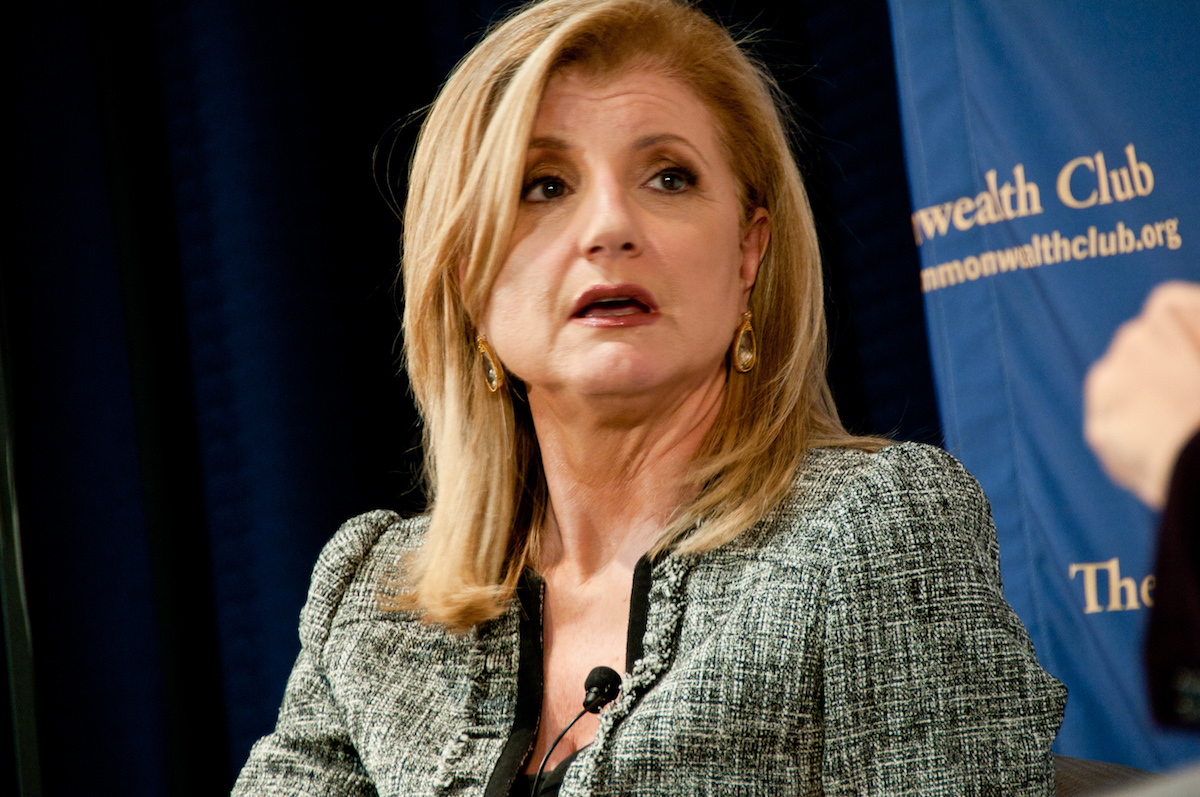Today, Arianna Huffington is considered one of the most powerful people in American media. In her early twenties, however, she was a flurry of activity but fell into the trap of working hard instead of smart.
“I wish I could go back and tell myself … your performance will actually improve if you can commit to not only working hard, but also unplugging, recharging and renewing yourself,” she says.
Now she is more aware of the very real threats posed by burnout and stress and preaches the value of sleep, downtime and gratitude.
RedBalloon Founding Director and Shark Tank Australia investor Naomi Simson is another who would like to counsel her younger self on the value of looking after her holistic health.
She has now embraced mindful breathing, yoga and a raw food diet. “I did not necessarily allow myself the space and time for creativity and self-expression,” she reflects.
Simson also wishes she had learned the value of nurturing friendships in person at an earlier age.
For Marissa Mayer, former CEO of Yahoo, accepting moments of discomfort is something she wishes she had valued earlier. “When there’s that moment of ‘Wow, I’m not really sure I can do this’ and you push through those moments, that’s when you have a breakthrough.”
The CEO Magazine asked 6 leading executives what they wish they knew when they started out.
-
Glen Richards, Director of Clinician Connect and Shark Tank Australia investor
“In your twenties, you don’t know what things you don’t know. You have a humble arrogance, you think you can take on the world.
“What I wish is that I had more mentors in my twenties and thirties. A big part of my drive these days is to help young entrepreneurs and ensure they don’t make the same rookie mistakes that I did.

“Part of that was probably trusting others earlier and being willing to delegate to others earlier. As a vet, I was probably a bit of a control freak because you have to be in that industry.
“What I wish I had is more mentors in my twenties and thirties. A big part of my drive these days is to help young entrepreneurs.”
“I think my transition from vet to businessman could have come a lot earlier if I had good mentors. They could have said ‘Hey mate, start putting a team together to deal with some of your weaknesses’. I would have brought in someone who was better than me at doing marketing and doing the financial models.
“It took me 21 years to become an overnight success; there would have been a lot less mistakes if I had a better network of mentors at the time.”
-
Lou Sanson, Director-General of the Department of Conservation New Zealand
“I guess it’s two issues (I would change). One is the poor working relationship we have had with Indigenous people in New Zealand.
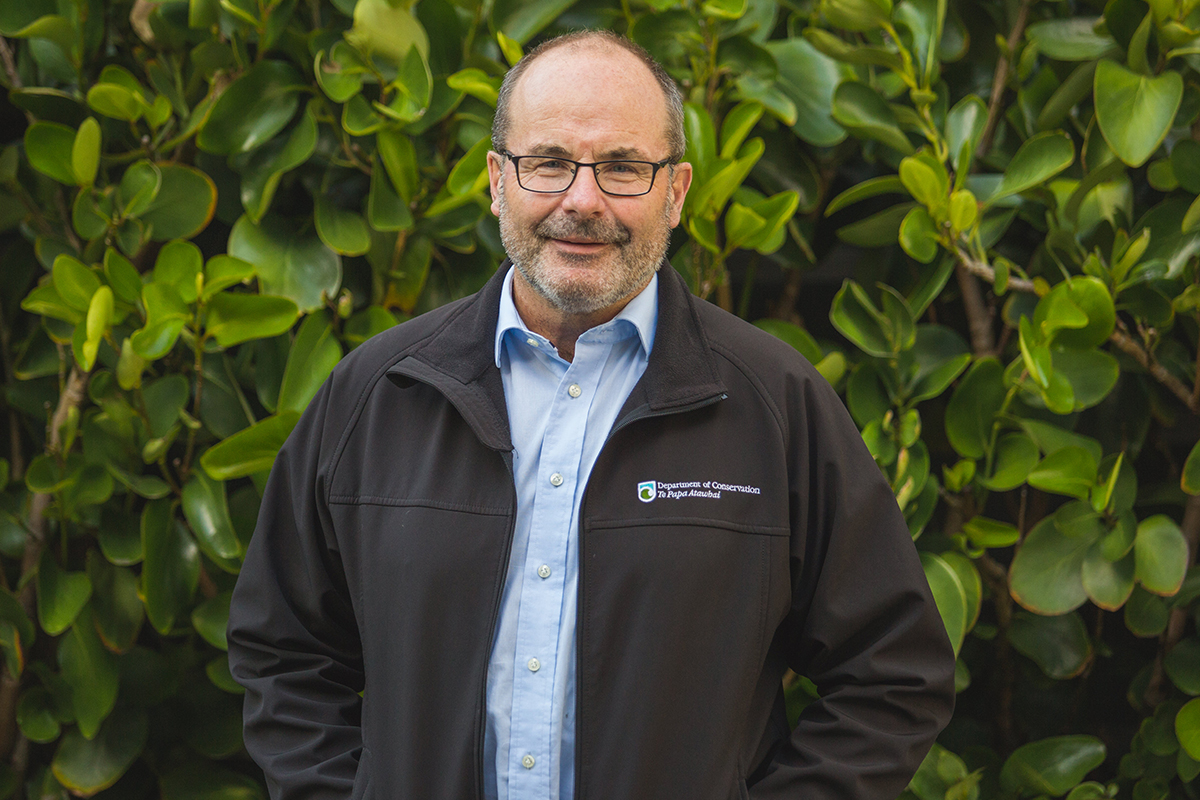
“The other thing I would change is not becoming aware until recently of how big the conservation movement is across communities in New Zealand. Be it commercial or financial and across local government and NGOs, the number of motivated people we have was a complete surprise to me.”
-
Mikael Söderlindh, Founder and CEO of Happy Socks
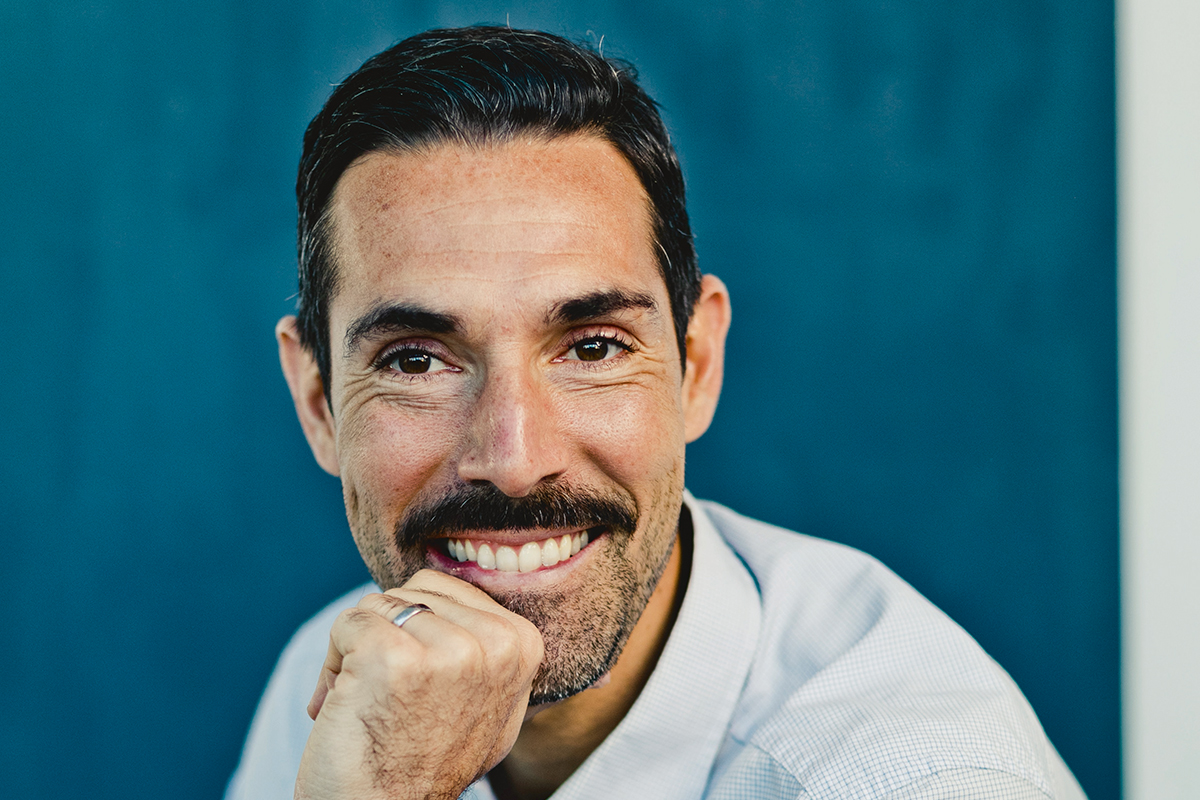
“I was so naïve in everything. I would be happy to start over and not have any memory of what we went through, because then I would do things differently!”
-
Gillian Triggs, former President of the Australian Human Rights Commission
“Had I known that cabinet members of the Australian government were so ideologically opposed to human rights and would persist in trying to abolish the commission and get me to resign, I never would have taken the position.
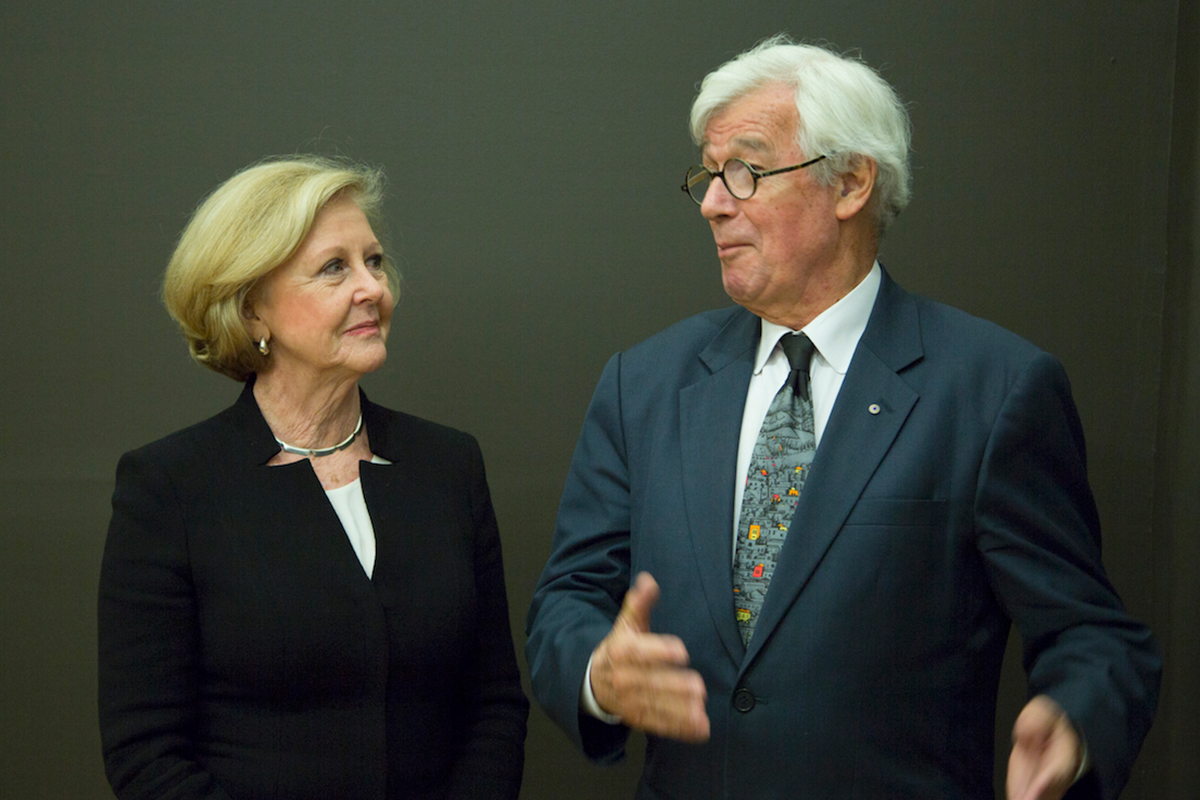
“But I don’t think that knowledge would have ultimately altered my behaviour. As a statutory officer, I had to stand up for the statute of human rights which underpins that role. If I had hidden away in that role and tried to avoid confrontation, I wouldn’t have been worth my salary.
“The Australian public would have been justified in saying: ‘She’s useless, she’s not doing anything for us’. With the benefit of hindsight, that role became exceptionally difficult with the government opposed to the commission itself.”
-
Ben Morel, Managing Director and Senior Vice-President of NBA EMEA
“One thing that I’ve learned over the 20 years I’ve been at NBA EMEA is that what makes the success of the company is the people you work with. Not just the NBA employees here in our offices but also our partners in and the quality of the relationships. That’s something that has always been a key focus for me.
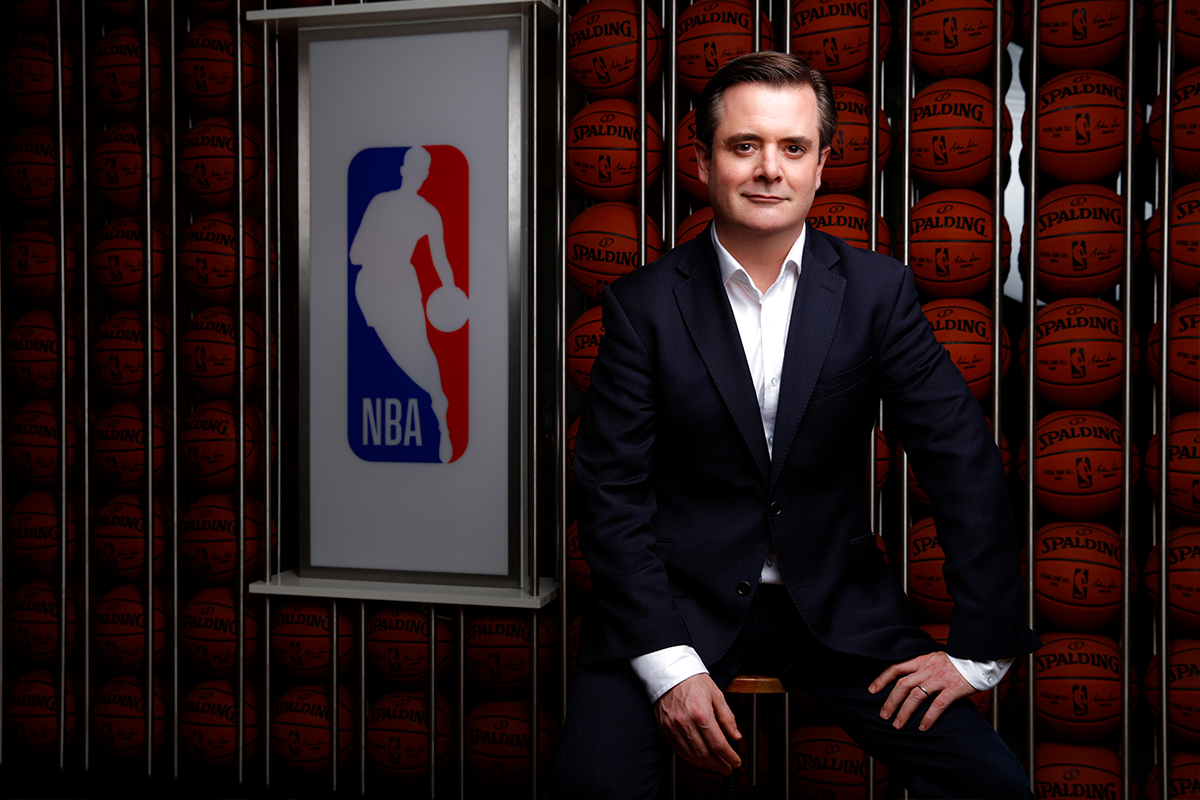
“I’ve had the opportunity of working with great colleagues and I know now that is the source of the success, both for me and the NBA wherever it is.”
-
Michelle Deaker, Managing Partner of OneVentures
“I wish I had understood cash flows and company finances a lot better when I was starting out as an entrepreneur. I think that would’ve been very helpful.
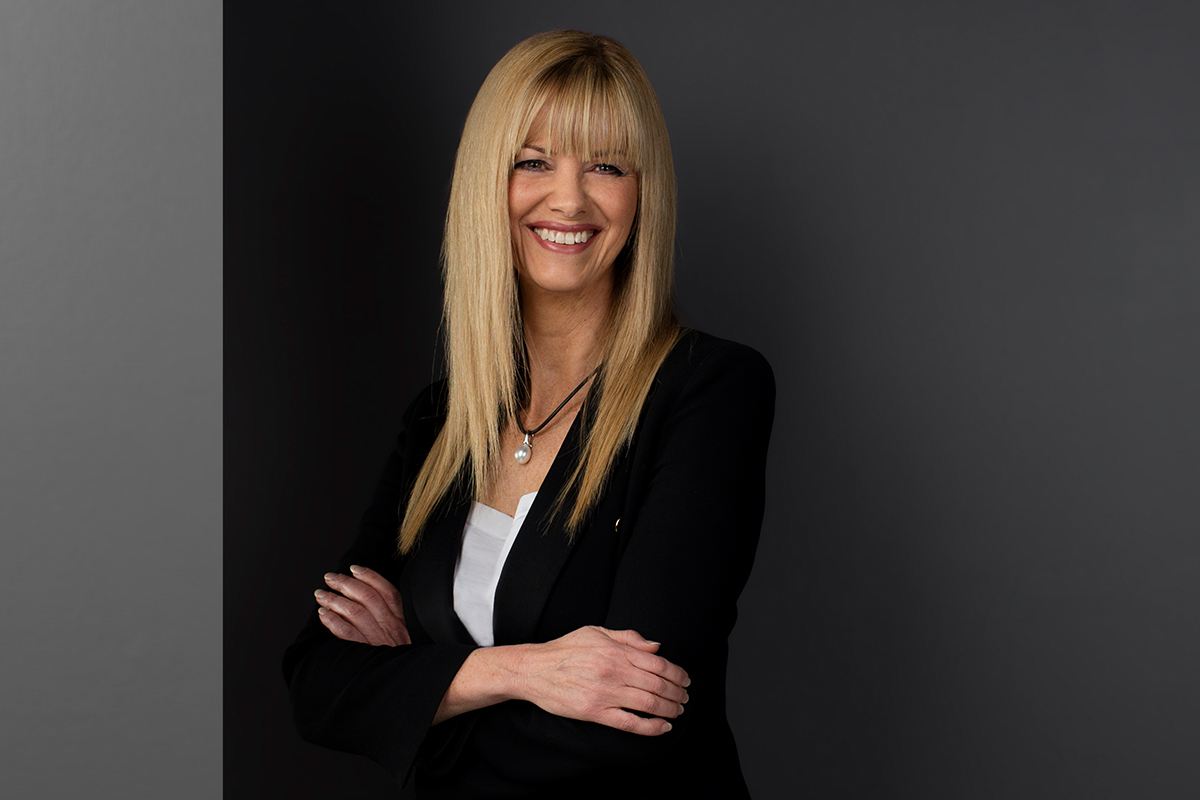
“I came into it as a technologist and from a science background so I had to learn company finances and management as I was building my businesses.
“Starting OneVentures, I spent a fair bit of time doing ground work before I came in, before I actually set it up as a funds management business. We were very fortunate that we put in place a board full of people that had a lot more experience in funds management than we did ourselves.
“We were able to leverage that board to help us on all sorts of things like portfolio construction and get advice on how we were thinking about our investments, and that was really, really helpful.
“I would recommend people to bring in experience when they’re starting their businesses because that definitely helped us and we learned a lot of things very early in the piece that, I think, fundamentally helped us. For example, we learned not to overpay for an investment because you can never recover from that in your portfolio.”
The world’s top business leaders share the ways they unwind and relax outside of the office.

